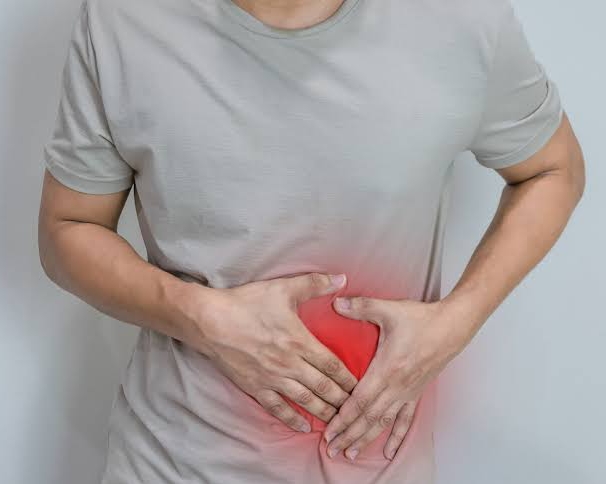Lapsurgery.com.au, Hernia Treatment Options – Hernia is a medical condition that occurs when an organ or tissue protrudes through an abnormal opening in the surrounding muscles or connective tissue. This article explores the causes, symptoms, and treatment options for hernia.
Causes of Hernia Treatment:

Weak Muscles: Hernias often develop in areas where the muscles are weakened, allowing organs to push through.
Genetic Factors: Some individuals may be genetically predisposed to hernias due to a family history of the condition.
Strain and Pressure: Persistent strain or pressure on the abdominal muscles, such as heavy lifting or chronic coughing, can contribute to hernia formation.
Types of Hernia:
Inguinal Hernia: Common in the groin area, often seen in men, where part of the intestine protrudes into the inguinal canal.
Hiatal Hernia: Involves the upper stomach pushing through the diaphragm into the chest cavity, causing acid reflux.
Umbilical Hernia: Occurs when part of the intestine protrudes through the abdominal muscles near the navel.
Symptoms:
Visible Bulge: A noticeable lump or bulge in the affected area is a common symptom.
Discomfort or Pain: Discomfort, especially when lifting or bending, may be experienced.
Digestive Issues: Hiatal hernias can lead to heartburn, chest pain, and difficulty swallowing.
Diagnosis:
Physical Examination: A doctor may identify a hernia through a physical examination.
Imaging Tests: Ultrasound or MRI scans may be conducted for a detailed view of the affected area.
Treatment Options:
Watchful Waiting: In some cases, especially with small hernias, a doctor may recommend monitoring without immediate intervention.
Lifestyle Changes: Avoiding heavy lifting, maintaining a healthy weight, and addressing factors contributing to muscle strain.
Surgery: For larger or symptomatic hernias, surgical intervention may be necessary to repair the opening and reposition the protruding organ.
Prevention:
Maintain a Healthy Weight: Excess weight can strain abdominal muscles, increasing the risk of hernia.
Proper Lifting Techniques: Lift with your knees, not your back, to reduce strain on abdominal muscles.
Addressing Persistent Cough: Treating chronic cough promptly can prevent strain on the abdominal region.
Closing
Understanding the causes, symptoms, and treatment options for hernia is crucial for early detection and effective management. Individuals experiencing symptoms or at risk of hernias should consult a healthcare professional for proper evaluation and guidance.

